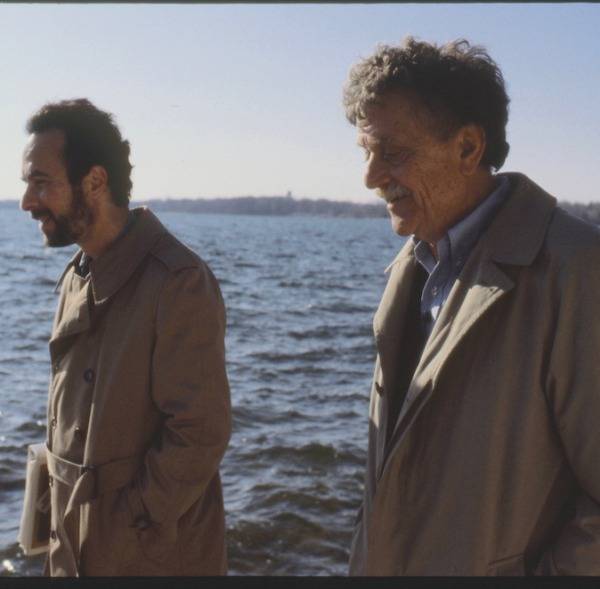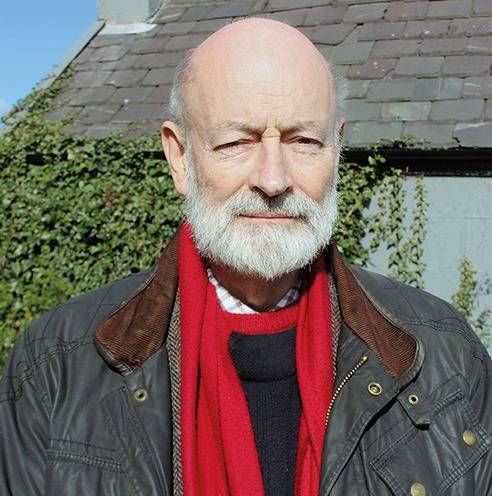
This article is a preview from the Autumn 2017 edition of New Humanist.
God Created Humanism (SPCK) by Theo Hobson
The rising tide of cultural insecurity in the West today takes many forms, but one of the strangest is a reanimation of claims of Christian exceptionalism long thought dead and buried. A slew of books and articles in recent years has claimed almost everything deemed valuable in our culture and politics (by liberals in particular) as being principally Christian in origin: democracy, the education system, the welfare state, charity, the rule of law, human rights. This mini publishing phenomenon has multiple causes: the timeless quest of many Christians for cultural supremacy, a narrow counter-revolution against the secularisation of the last few decades, and a very contemporary fear (both genuine and opportunistic) of Islam. This last is particularly striking. Almost none of the writers that have contributed to this movement fail to mention Islam in their account of why their interpretation of ‘our’ cultural origins is relevant today. In the face of a religion seen as imperialist, whose followers are held to be in no doubt of their identity and tribe, we must apparently keep a yet tighter hold of “our” Christianity, even if only in a secularised version. Whatever the reasons for the wider phenomenon, it is humanism that is now the target, with the publication of God Created Humanism: The Christian Basis of Secular Values by the Society for the Promotion of Christian Knowledge.
Theo Hobson sees his mission as urgent. He believes that his “humanism” needs to be “affirm[ed] as the basic public creed of the West” and that this can only be accomplished “if its positive affinity with religion is emphasised”. He argues that this is in fact the only pragmatic way to affirm it, but more than that, he really believes that this creed is “firmly rooted in Christianity” in any case.
Almost immediately, the careful reader realises that Hobson is not writing about humanism as we know it. Instead he uses the phrase “secular humanism” to mean, minimally, “the belief that all human lives matter and should flourish, and that part of such flourishing is the freedom to express one’s core beliefs”. This is not the meaning that humanist organisations or most self-identified humanist writers give it. Their minimum definition tends to include at least three further limbs in addition to Hobson’s: a commitment to morality as a prudential enterprise, rooted in human nature and culture; the idea of meaning as something created by humans rather than something discovered; and the sole use of the human faculty of reason applied to evidence as a way to discover truths about external reality.
Why did Hobson choose the American term “secular humanism” – a phrase only 50 years old and with a well-documented origin – to bear his meaning? It is not clear. It’s a shame because if he had used another word (“humanitarianism” is the most obvious, a term which both humanists and liberal religious people can accept as intrinsic to their worldview), this book would be a good deal less confusing. As it is, we must approach his argument on its own terms.
Having narrowed considerably the scope of what he is talking about, Hobson proceeds to make three arguments. He begins with an attempt to show that his “humanism” (this moral universalism) is implicit in modern Western culture but hardly ever made explicit. So far, so agreeable, and Hobson deals well with those who argue otherwise. His second argument is that this tendency has only ever seen full expression in Christianity. His third argument is that we can only sustain the modern doctrines of human rights and moral equality – the peculiar fruits, as he sees it, of this unique Christian culture – by recognising their Christian origin. With both of these latter arguments there are a large number of significant problems, but the principal sin in Hobson’s historical narrative is one of omission.
Having decided that the history of the ideas he seeks to describe is to be seen through a Christian frame, Hobson never even tries to see it from any other point of view. Comparing Christian moral values with those that preceded them, he stresses only discontinuities with the past. When comparing Christian values with those humanist values that came after them, he stresses only the continuities. His central thesis is pursued relentlessly and blindly. He skips briskly through the pre-Christian world, highlighting a few thinkers here and there but only those that have the greatest importance in Christian reception. Christian exceptionalism is his theme and he makes it easy for himself by ignoring Persian religion and all non-public mystery cults completely, as well as the larger part of Greek and Roman philosophy and literature. As a result of this and other omissions, the belief in the unity of humanity of much Greek and Roman thought is entirely obscured.
As Hobson moves into the early modern and modern world, his story is the same, and change over time is never the product of a force external to Christianity. Everything good is always residing in Christianity, waiting to be discovered. If it may perhaps have been influenced by some non-Christian source, it is only fully good once it has been appreciated through the Christian frame. Encounters with non-Roman political systems throughout the days of Christianity’s European expansion, the constant presence of Jews throughout the continent, engagement and interchange with Islam, the reception of Chinese and Arabic and Indian thought in the European enlightenment and 19th century, the establishment of capitalism, the colonial age with all its cultural traffic: these and countless other factors barely feature and are never taken to have contributed anything essential to the moral development described. Is this probable? I do not think it is even possible. In his chapter on the 19th century, which even attempts to link the English utilitarians to Christianity, Hobson’s insistence on seeing everything as Christian, even anti-Christian views, is perverse.
Hobson’s is a protestant narrative (almost exclusively an Anglophone one), an elite narrative (no attempt to excavate the popular moral life in these long centuries is made), and a very Western one. His superficial account of the spread of political secularism in the 20th century assumes that non-Western countries aped the West mainly from pragmatic economic necessity, rather than having their own resources on which to draw in their formations of secularism. This leads him in particular to give considerably less credit to Indian cultural resources for their humanism and political secularism than he should.
Hobson is an articulate and compelling writer and sets out his case as well as it could be set out. Nonetheless, even the best case for his position is unconvincing. Sometimes this book feels like the result of a personal struggle: one man’s memoir of his own quest for an integrated intellectual life. This gives it psychological interest, but too often slackens the argument. This book will be of far greater use to future historians wanting to understand the nature of 21st century Christian defensiveness than it is to anyone wanting to understand the origins of humanism – in the West or anywhere.

